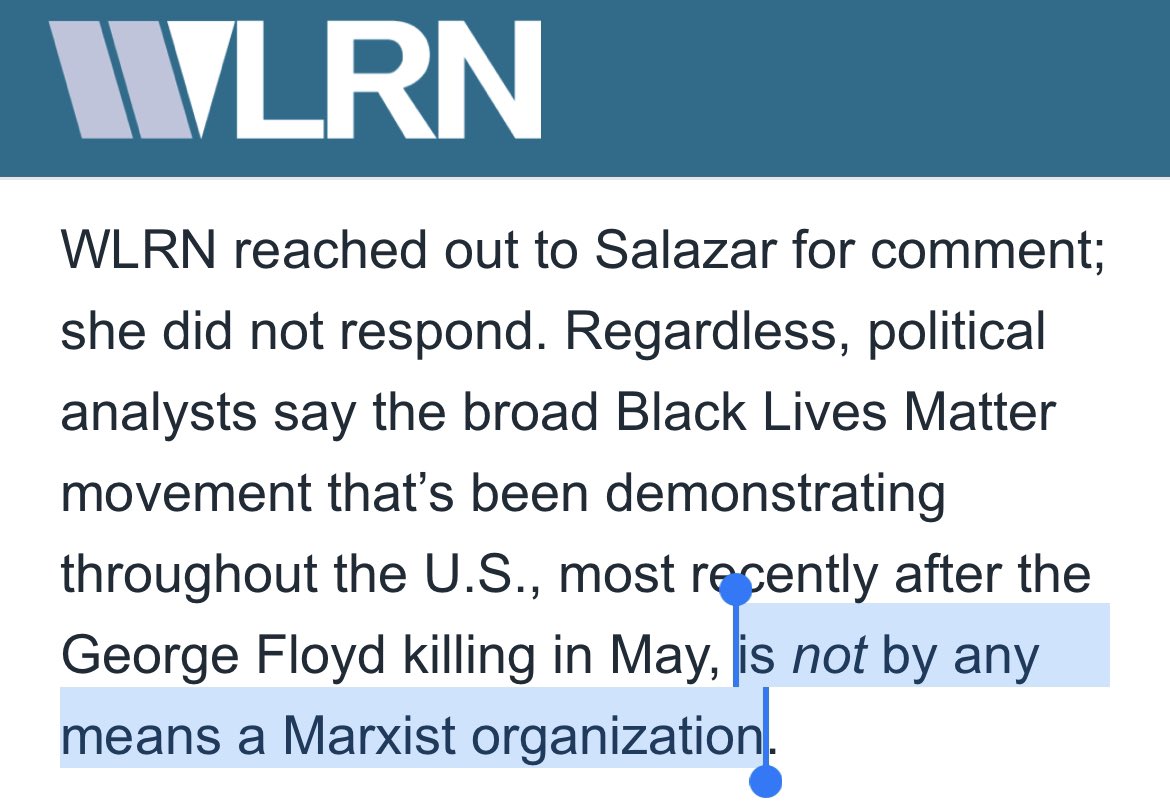
I'm often asked about "Wet Foot Dry Foot," and in discussing it, I find misconceptions, so here's a quick recap:
WFDF was a policy of the Clinton Administration in the 1990s to address the Cuban rafter crisis of 1994. It was supposed to be temporary but lasted until 2017.
WFDF was a policy of the Clinton Administration in the 1990s to address the Cuban rafter crisis of 1994. It was supposed to be temporary but lasted until 2017.

Here's how it worked: If a Cuban stepped foot on US soil, regardless of how they entered, they could stay.
Pres. Obama ended this policy in his final days in office in 2017; Pres. Trump did not reinstate it.
Cuban Americans are divided on it. This is from FIU's 2020 poll:
Pres. Obama ended this policy in his final days in office in 2017; Pres. Trump did not reinstate it.
Cuban Americans are divided on it. This is from FIU's 2020 poll:

The law provided relief to many Cubans fleeing Castro, but it had unintended consequences. It incentivized human trafficking, thousands died at sea, and it inadvertently relieved internal pressure on the Cuban regime. How? Bc those most likely to flee are most likely to dissent.
Cubans still have extraordinary immigration privileges.
The Cuban Adjustment Act of 1966 affords Cubans the right to apply for permanent residence in the U.S. after a year and a day of entering through a legal port of entry. To my knowledge, no group in the world has this.
The Cuban Adjustment Act of 1966 affords Cubans the right to apply for permanent residence in the U.S. after a year and a day of entering through a legal port of entry. To my knowledge, no group in the world has this.
The Cuban dictatorship wants a mass exodus. They raised the possibility of one yesterday. It's a weapon against the US and a tool to ease pressure on them. Let's not fall for their ploy.
Our focus should be on ending the cause of mass Cuban migration: The Castro regime.
Our focus should be on ending the cause of mass Cuban migration: The Castro regime.
• • •
Missing some Tweet in this thread? You can try to
force a refresh







